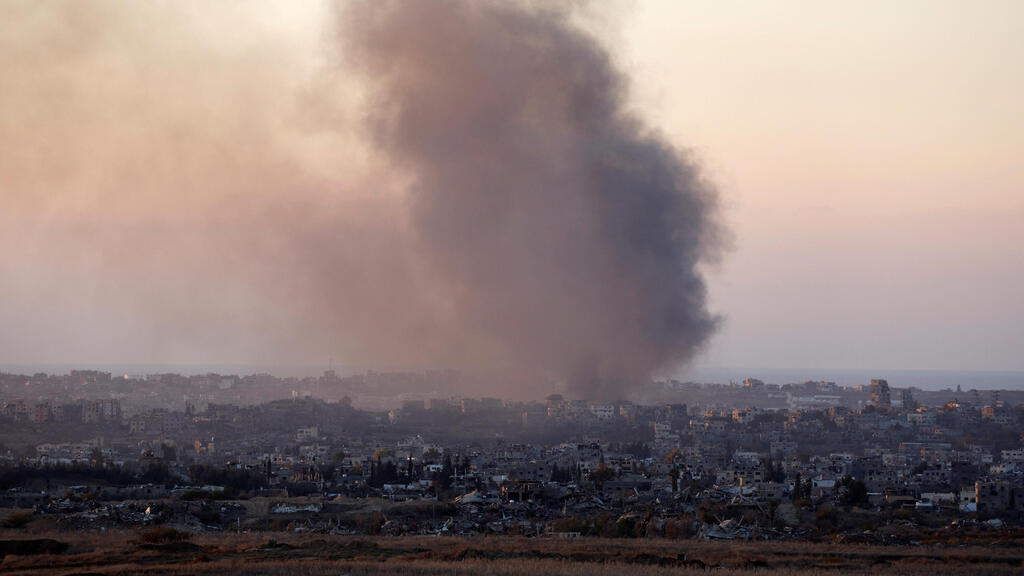Getting your Trinity Audio player ready...
Ten drivers exceeded the speed limit of 60 mph. The first accelerated up to 120 mph, the second to 115, and so on. Yet the police stopped only the last driver, who was going 75 mph. “How is it,” he asked the officers, “that you didn’t stop at least nine cars that passed me at insane speeds?”
“Stop with your whataboutism,” the officers replied.
A week later, the same story repeated itself. And again, he was stopped. The third time, he confronted the officers: “All the drivers you let go are white. And every time, you only stop me—the only Black driver on the road.”
Is the Black driver the dangerous offender here, or are the police simply a bunch of racists? The answer is obvious. Yet for the United Nations Human Rights Council, the UN General Assembly and countless other international bodies—it is not.
Consider this: since 2015, the UN General Assembly—one of the world’s most influential international bodies—has passed 156 resolutions condemning Israel, compared to just 70 for all the other countries combined. Israel, it seems, is not a country. It’s a monster.
In that same period, the World Health Organization—an entity that should be free of politics—condemned Israel 13 times. How many times did it condemn the rest of the world? Zero.
Any claim of discrimination is inevitably met with a predictable response from so-called human rights advocates of the antisemitic variety: “Whataboutism.”
It’s no surprise that evil majorities dominate international institutions. But international human rights organizations? One might hope for better. That hope is misplaced.
Robert Bernstein was one of the world’s leading human rights activists and the founder of Human Rights Watch (HRW). With his vision and passion, he turned it into the largest human rights organization in the world. In 2009, Bernstein pointed me to an op-ed he had written for The New York Times. I thought he was responding to critics of HRW—critics like me.
To my surprise, Bernstein delivered a scathing rebuke of the very organization he had created—and still led at the time—for its biased treatment of Israel. Since then, things have only gotten worse. The organization’s allegations, in both senses of the word, are thoroughly documented and refuted by NGO Monitor.
Now comes Amnesty International’s latest report, accusing Israel of genocide. There was no such accusation when Sri Lanka brutally suppressed the Tamil Tigers. Nor when Bashar Assad’s Syria slaughtered nearly 600,000 people, including through the use of chemical weapons.
Even in actual genocides, like Sudan’s atrocities in Darfur, the criticism was far more muted. But when Israel fights a ruthless enemy—an organization whose stated goal is the extermination of Jews and the establishment of a radical Islamist caliphate to rule the world—it is accused of genocide.
One can only imagine what Amnesty would have done in the 1940s. It likely would have appeased the Nazi monster and accused Britain of genocide.
To its credit, Amnesty International Israel has condemned this outrageous claim. But Amnesty is not alone. Self-proclaimed moralists continue to fuel the genocide libel, ignoring history, truth, and the very values they claim to uphold.
Get the Ynetnews app on your smartphone: Google Play: https://bit.ly/4eJ37pE | Apple App Store: https://bit.ly/3ZL7iNv
The above criticism, including malicious and biased commentary, does not exempt the IDF from scrutiny. Israel is not perfect. Troubling evidence exists, particularly videos filmed by soldiers themselves. Some of these videos depict alleged war crimes. In one video from last week, for example, a soldier is heard saying, “We continue to flatten Beit Lahia.” This is disgraceful. These are aberrations—but it is not genocide.
 Ben-Dror Yemini
Ben-Dror YeminiA country committing genocide does not investigate itself, and the IDF is already conducting investigations. As of August this year, 74 criminal investigations have been opened. These inquiries are vital—not only to ensure that those responsible face justice but also to protect IDF soldiers. Without such investigations, Israel would only reinforce the kind of accusations Amnesty International spreads.
Now, more than ever—especially after October 7—Israel needs a robust and independent judicial system to defend itself against the type of propaganda Amnesty publishes. Explicit statements, including from The Hague, indicate that if Israel demonstrates it is conducting thorough investigations into wartime conduct, including its soldiers' actions, arrest warrants against figures like Netanyahu and Gallant could be revoked. Yet this seems irrelevant to Justice Minister Yariv Levin and National Security Minister Itamar Ben-Gvir. Israel does not concern them—nor do IDF soldiers. At this critical juncture, they are reigniting efforts to push through judicial reforms. Their actions, such as seeking to dismiss the attorney general, could sabotage any chance of convincing The Hague of Israel’s adherence to the principle of "complementarity."
Calls for blanket immunity for IDF soldiers—whether through legislation or misguided campaigns—are counterproductive. Such measures leave soldiers vulnerable to foreign and hostile jurisdictions. We are still at war, inundated with false claims of genocide. Protecting Israel and its soldiers requires diligent effort, not misguided actions that inadvertently bolster Amnesty’s narrative.




